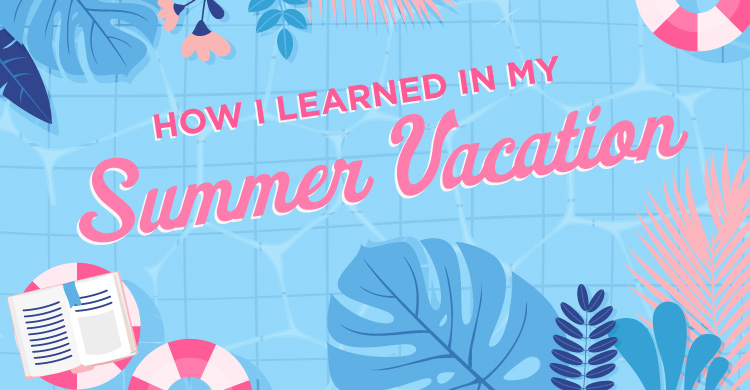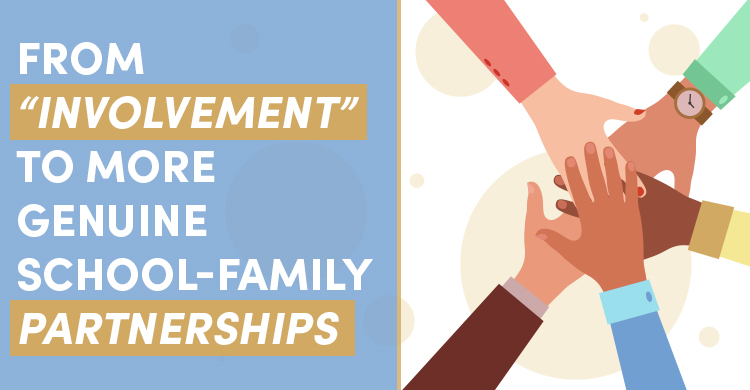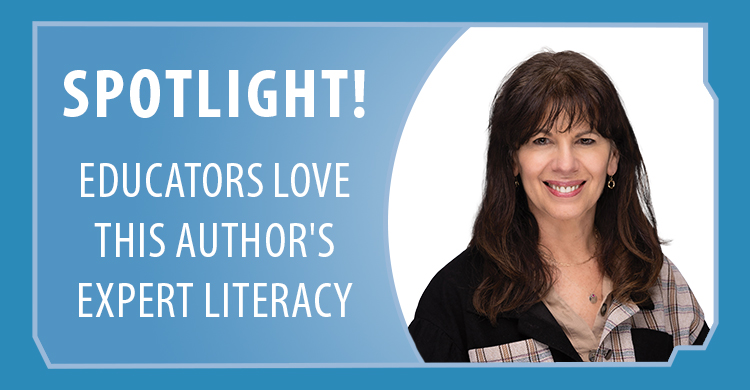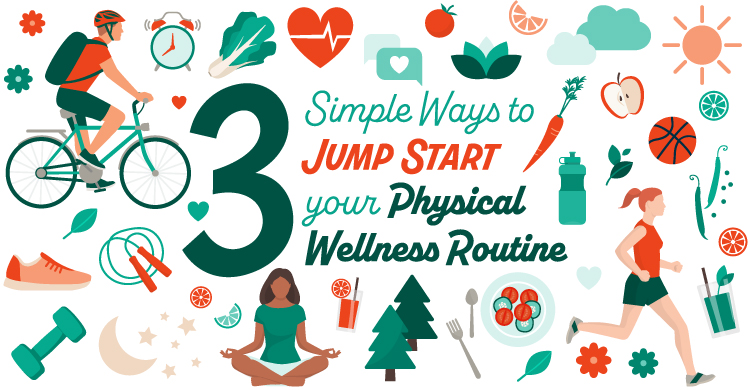Years ago, it wasn’t unusual for the teacher to assign the usual “How I Spent My Summer Vacation” essay to welcome back students to the classroom. Teachers Pay Teachers (a website I would never recommend) has nearly 458 activities that incorporate the “summer vacation” theme. There are thousands of “How I Spent My Summer Vacation” images available on Google for teachers to download, print, and give to their students. “How I Spent My Summer Vacation” appears to be a part of an academic rite of summer passage.
However, the iconic “How I Spent My Summer Vacation” writing activity is not morally, nor culturally sensitive. There was a time when teachers used the traditional writing assignment to get to know their students’ interests and family hobbies. There was an assumption, albeit misguided, that most students and their families vacationed in the lovely Adirondacks or students attended neighborhood play dates with Dick and Jane or students took part in “up north” camps.
Simply put, the assignment no longer reflects our society or what it might define.
In 2015, I wrote an article for Edutopia entitled, “How I Spent My Holiday Break” explaining that for many of our students their holiday break is not what we assume. Often, our young students are home “making decisions and perhaps allowing temptations too challenging to overcome. Directions are no longer clear to them, and it’s quite possible that no adult is home to offer important directives. Now the student becomes the adult taking care of siblings and in charge of household chores. Finally, socialization is cut off. Being at home may be stressful—it may be a violent place where basic social skills are nonexistent.” That holiday break could easily be summer break. According to Atteberry and McEachin, “That out-of-school time is concentrated in the summer months—a time when schools play little to no direct role in children’s lives. Instead, children return to the full-time care of their families, with vastly different options and preferences for how children spend this time” (Gershenson, 2013 as cited in Atteberry and McEachin, 2020).
To ask students to write about a summer that is not what the media tells us it should be–think of the Pure Michigan commercials–is asking them to relive what could be perceived as a boring summer where nothing happened to summer that included trauma or fear. While some students might want to share their experiences and their situations for support or to ask for help, others might actually be embarrassed to confess that their summer consisted of working at the local fast food restaurant to help meet the rent.
Instead, ask students to share “How I Learned in My Summer Vacation.” This change in title celebrates the assumption that students have learned over the summer. It is impossible not to walk away from an experience or situation not having learned something–no matter if it seems trivial or insignificant. Instead, celebrate all that our students have acquired and ask them to reflect upon what they learned. Don’t focus on “learning loss” or “summer slide” or the “summer slog” that seems so prevalent among websites and teacher preparation materials.
Instead, give students an opportunity to talk about the concealed resiliency within them during disturbing or distressing moments; or ask students to share what they learned as a fast-food counter attendant; or ask students to explain their best babysitting sibling tips; or give students the chance to explain how this summer was different than other summers in their lives.
If you really want to get to know your students, don’t ask about what they did over the summer. You want to ask them how they learned what they did–that’s where the real learning takes place. We can all talk about the things we did this summer; but how did what we did impact us and our learning? Give your students a chance to share their how; using Blooms verbs as inspiration, consider these how starters:
- Explain how your mindset changed this summer.
- Critique how you handled a challenging situation this summer.
- Evaluate how you learned to do something new this summer.
- Judge how you completed a goal this summer.
- Justify how you changed your opinion on a topic from last summer to this summer.
- Reconstruct for me how you created something you had never done before.
- Summarize how you changed someone’s mind this summer.
- Defend how you changed this summer and why.
There is no learning loss, summer slide, or summer slog. While our students might not have written the traditional five-paragraph academic essay this summer (thankfully!); they have learned life skills where classroom connections can be made and should be celebrated. Just ask them.






